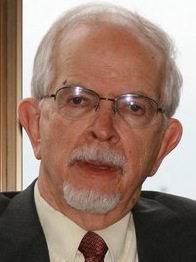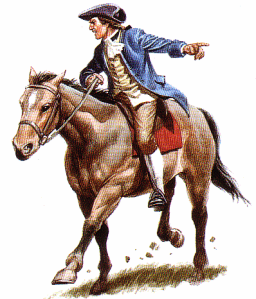On the morning of May 23, 2013, our still young, but now greying, President Obama delivered what he hoped would be "a change speech."
The speech was delivered to National Defense University, at Fort McNair in Washington DC. Reuters began its report on the speech:
"President Barack Obama on Thursday (May 23) shifted the United States away from a 'boundless global war on terror,' restricting deadly drone strikes abroad and signaling that America's long struggle against al Qaeda will one day end.
"In a major policy speech, Obama narrowed the scope of the U.S. targeted-killing campaign against al Qaeda and its allies and took new steps toward closing the Guantanamo Bay military prison -- controversial elements of the U.S. counterterrorism fight that have drawn condemnation at home and abroad."
The speech dealt with a larger policy of the Obama administration, a pledge to narrow the "scope" of the targeted-killing drone campaign which Obama inherited and which he has shown little sign of wanting to give up. His progressive critics believe it is time Obama did more than narrow the "scope" of the drone program. They want it ended.
Obama also dealt with a more specific action, closing the US military prison at Guantanamo, Cuba. Obama has promised to close Guantanamo during his campaign for president. He failed to do so in his first term.
Reluctant to criticize specific actions of his presidential predecessors, Obama missed an opportunity to appropriately lay the blame for the existence of the Guantanamo prison squarely at the feet of President George W. Bush.
How are we to understand this moment in history? We may start by thinking of an earlier moment in our history, captured by Henry Wadsworth Longfellow in a poem entitled, The Midnight Ride of Paul Revere.
A remarkable teacher in my small Georgia grade school taught me history in those uncertain days between the Great Depression and World War II. She did not teach dates; she taught poetry.
Based on what I retained from those early classes, what she embedded in my consciousness are snatches of poems that gave me a sense of the importance of history. Some of them remain with me to this day.
The adult writer who retains those lines now struggles to understands the ambiguity of modern life, like the ambiguity of modern president who wants to do the moral thing.
In his writings the author of these postings is blessed to have retained familiar poems from a Georgia classroom of long ago, still demanding attention.
These are snatches of poems now easily verifiable as to context, date and author. How to apply those remembered sounds to a particular modern moment, remains the challenge. One poem that seeks to insert itself in so much of what I write these days, opens this way:
"Listen my children and you shall hear
"Of the midnight ride of Paul Revere,
"On the eighteenth of April, in Seventy-five;
"Hardly a man is now alive
"Who remembers that famous day and year."
The Midnight Ride of Paul Revere is the work of Henry Wadsworth Longfellow, 1807-1882. He wrote the poem April 19, 1860, as part of his Tales of a Wayside Inn, first published in 1863.
The "Seventy-five" in the poem is 1775, when the American colonies were seeking to establish themselves as a nation independent of England. The day on which Longfellow wrote the poem was April 19, 1860.
(Note: You can view every article as one long page if you sign up as an Advocate Member, or higher).






